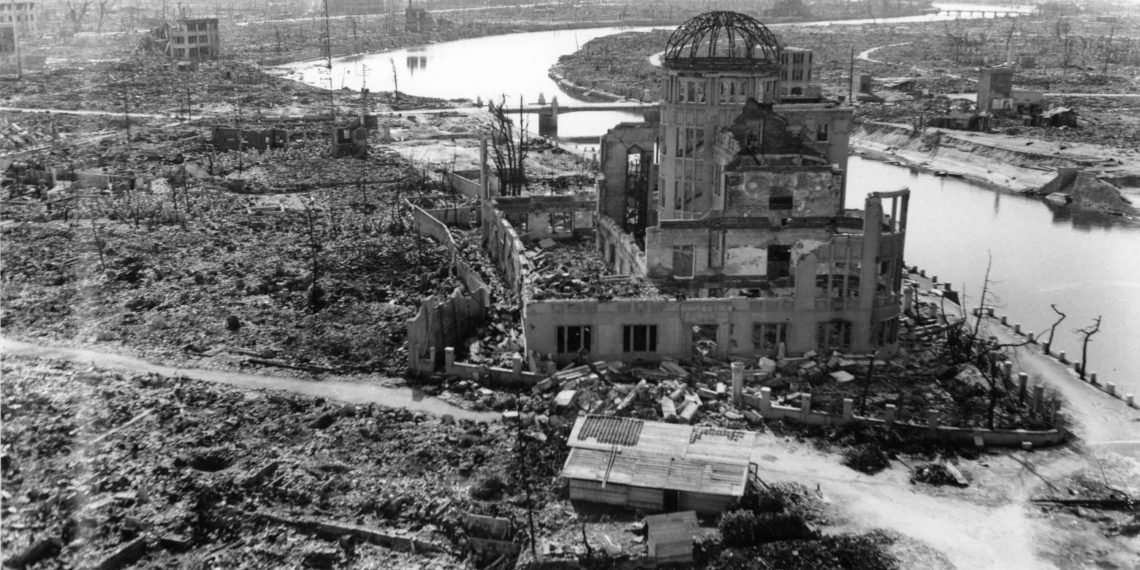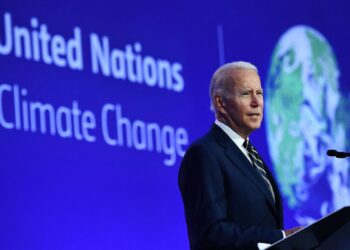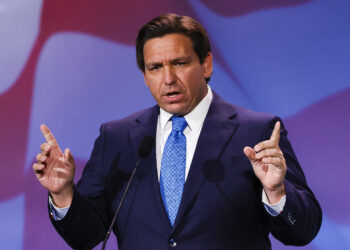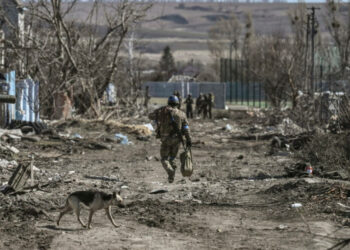“We thought that nothing would ever grow in Hiroshima again. But three years later, we saw flowers bloom.”
In May this year, I had the privilege of speaking to Junji Maki, an 88-year-old survivor of the Hiroshima atomic bomb. He is one of several hundreds of thousands of hibakusha (“those affected by nuclear exposure”), a term that includes survivors of the 1945 Hiroshima and Nagasaki atomic bombings as well as the 2011 Fukushima disaster.
I met Mr. Maki at an event held at the Hachidorisha Social Book Café, a hub for activism in Hiroshima. The café’s owner Erika Abiko organizes these meetings so that, in her own words, “people do not think of the hibakusha as just hibakusha, but as our friends.”
Nuclear Arms Control Treaties
Anti-nuclear campaigners around the world could use some more friends. On August 2, 2019, four days before the 74th anniversary of the Hiroshima bombing, the Intermediate-Range Nuclear Forces (INF) treaty officially collapsed. This was a loss of a tool described by the United Nations Secretary-General as “an invaluable brake on nuclear war.” The U.S. is projected to spend $1.2 trillion in the coming 30 years to maintain and upgrade its existing arsenal, while Russia has already developed a land-based nuclear-capable cruise missile, available for rapid deployment.
This leaves the 2010 New Start agreement as the last standing nuclear arms control treaty between the U.S. and Russia. This treaty is due to expire in 2021. There is little question as to why the Bulletin of the Atomic Scientists has kept its infamous Doomsday Clock at two minutes to midnight (the closest it has ever been to apocalypse) unchanged since 2018, calling our current nuclear and climate security situation “a new abnormal.” This was why I wanted to hear Mr. Maki’s story.
At the time of the blast, Junji Maki had been ordered to work at a factory as a 14-year old student mobilized for the Japanese war effort. The entire left side of his body was exposed to an open wall and thus badly burnt. As he walked along Tenma River to get to a relative’s house, he saw his entire city burning, its people throwing themselves in the water. Helped by his sister who happened to be a nurse, he spent a year recovering from his grave injuries, and a lifetime unable to forget the events of that day.
After retirement, he has devoted himself to sharing his experiences with future generations.
Disarmament Efforts
We live in a world where the nuclear threat rarely gets a human face. A visit to Hiroshima renders the current state of nuclear affairs in an absurd light. In the U.S., presidential candidate Elizabeth Warren was recently attacked for the #NoFirstUse proposal, which would make it official U.S. policy not to be the first to use a nuclear weapon. Her critics named the proposal as too simplistic for a complicated geopolitical landscape – but we are running out of tools and time.
We should never be the first to use a nuclear weapon in a conflict. I'm proud to join with @RepAdamSmith, Chairman of @HASCDemocrats, to introduce a bill that formalizes what most Americans already believe: the United States should never initiate a nuclear war. #NoFirstUse
— Elizabeth Warren (@SenWarren) January 30, 2019
I asked Mr. Maki what he thought about the 2017 Treaty on the Prohibition of Nuclear Weapons (TPNW) and of the fact that Japan is not a signatory. He lowered his gaze. “It is very unfortunate that more countries have not signed,” he said.
Breaking the normative deadlock that hinders disarmament efforts is vital. The TPNW seeks to delegitimize nuclear weapons, but it is still attuned to the reality of international security today. Far more flexible than its name implies, the adaptable treaty structure allows for differentiated nuclear policies to be addressed in ways that fit individual signatories. It recognizes that today’s security needs require the cooperation of nuclear and non-nuclear states. Today, 70 countries are signatories, and 24 have ratified the agreement. It will come into force once 50 countries have ratified.
Eroding Arms Control
If you look at a map showing which countries have signed or ratified TPNW, you will notice large geographical gaps. The world’s nine nuclear powers oppose it and refused to participate in the treaty’s negotiation process. States tied to the United States for their security capabilities, inside or outside of NATO, have been reluctant to sign it. The Japanese Prime Minister Shinzo Abe has criticized the TPNW, emphasizing the Treaty on the Non-Proliferation of Nuclear Weapons (NPT) as a more suitable instrument for disarmament.
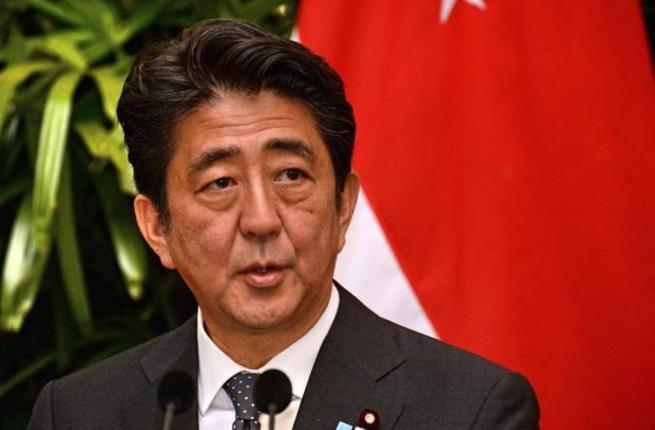
However, the TPNW is intended to strengthen the NPT, not replace it – there are no legal incompatibilities between the two treaties. The Harvard Law Review has concluded that countries may sign and ratify the TPNW without jeopardizing existing security agreements with nuclear powers. Joining TPNW does, however, mean leaving the “nuclear umbrella” of protection. This is the step that seems impossible to take for many states in the world.
Yet, in the face of eroding arms control, this may become an impossible position to maintain. A step-by-step approach to elimination cannot start without significant normative change. The International Committee of the Red Cross has stated that the treaty’s role is to reinforce a global taboo on nuclear weapons and their proliferation, as well as to provide concrete pathways for states to fulfill their disarmament obligations and to foresee the provision of assistance to victims of nuclear testing. It is worrying that these aims are seen as too controversial.
In the upcoming year leading up to the 75th anniversary of Hiroshima and Nagasaki, campaigners should seize this chance to put pressure on their governments to sign the TPNW and to pursue further action to nuclear non-proliferation and disarmament. Humanitarians need to reclaim the conversation around nuclear issues. For anyone seeking stronger motivation, I highly recommend a visit to Hiroshima. Seeing the rebuilt city filled with flowers, life, and relentless people like Junji Maki shows us what a commitment to peace really means.
This is no time to forget the human face of nuclear warfare. If we do, many more will burn.
Disclaimer: The views and opinions expressed here are those of the author and do not necessarily reflect the editorial position of The Globe Post.

